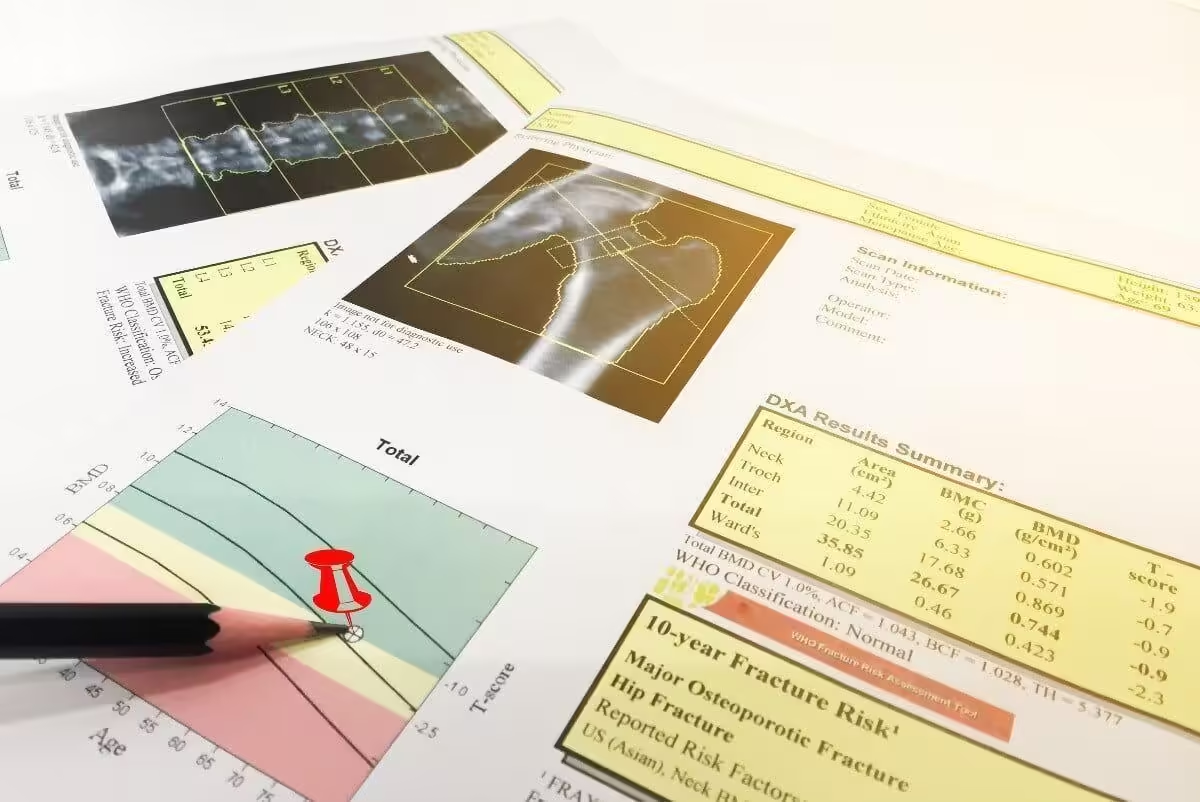Researchers from the University of California at San Francisco (UCSF) and UC Davis have discovered a hormone that helps maintain bone strength in breastfeeding women, potentially offering new insights into fracture healing.
Solving the Calcium Mystery
The study aimed to understand how women’s bones remain unaffected despite the calcium loss required for milk production. Typically, low estrogen levels are associated with bone density loss, but osteoporosis and bone fractures are much rarer in breastfeeding women, suggesting another factor at play.
Discovery of CCN3
Researchers identified a new hormone named CCN3, which plays a crucial role in maintaining bone strength. Dr. Holly Ingraham and her team initially blocked an estrogen receptor in neurons in a small brain region of female mice, which resulted in increased bone mass. This led them to hypothesize the existence of a hormone in the blood that influences bone strength.
After an extensive search, they identified CCN3, a hormone that behaves uniquely compared to others secreted by neurons. This discovery introduced the concept that hormones could be directly secreted from the brain in response to physiological demands like lactation.
Role of CCN3
In lactating female mice, the presence of CCN3 in a specific brain region was confirmed, though its receptor remains unidentified. Without CCN3, lactating mice lost bone mass, and their offspring lost weight, underscoring the hormone’s vital role. Researchers named it the Maternal Brain Hormone (MBH).
Impact on Bone Mass
Increasing CCN3 levels in both female and male mice resulted in significant improvements in bone mass and strength within weeks. Remarkably, it doubled bone mass in very old female mice and those lacking estrogen. Tests confirmed the enhanced strength of these bones.
Potential for Bone Healing
Dr. Thomas Ambrosi, a project collaborator, noted that highly mineralized bones can sometimes be weaker and more prone to fractures. However, bones exposed to CCN3 were found to be stronger. Further examination revealed that CCN3 stimulated stem cells in the bones to produce new bone cells, suggesting its potential in aiding bone healing.



